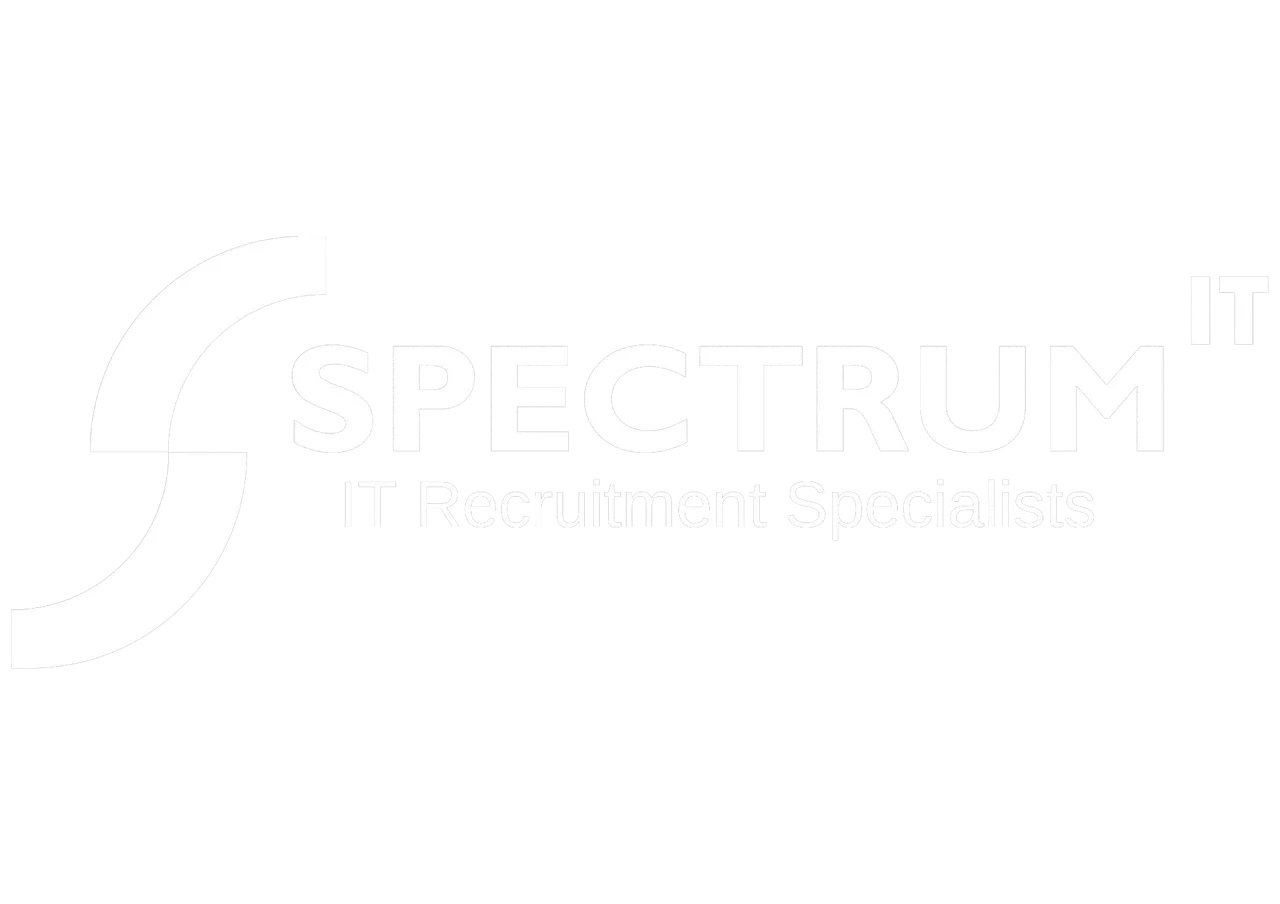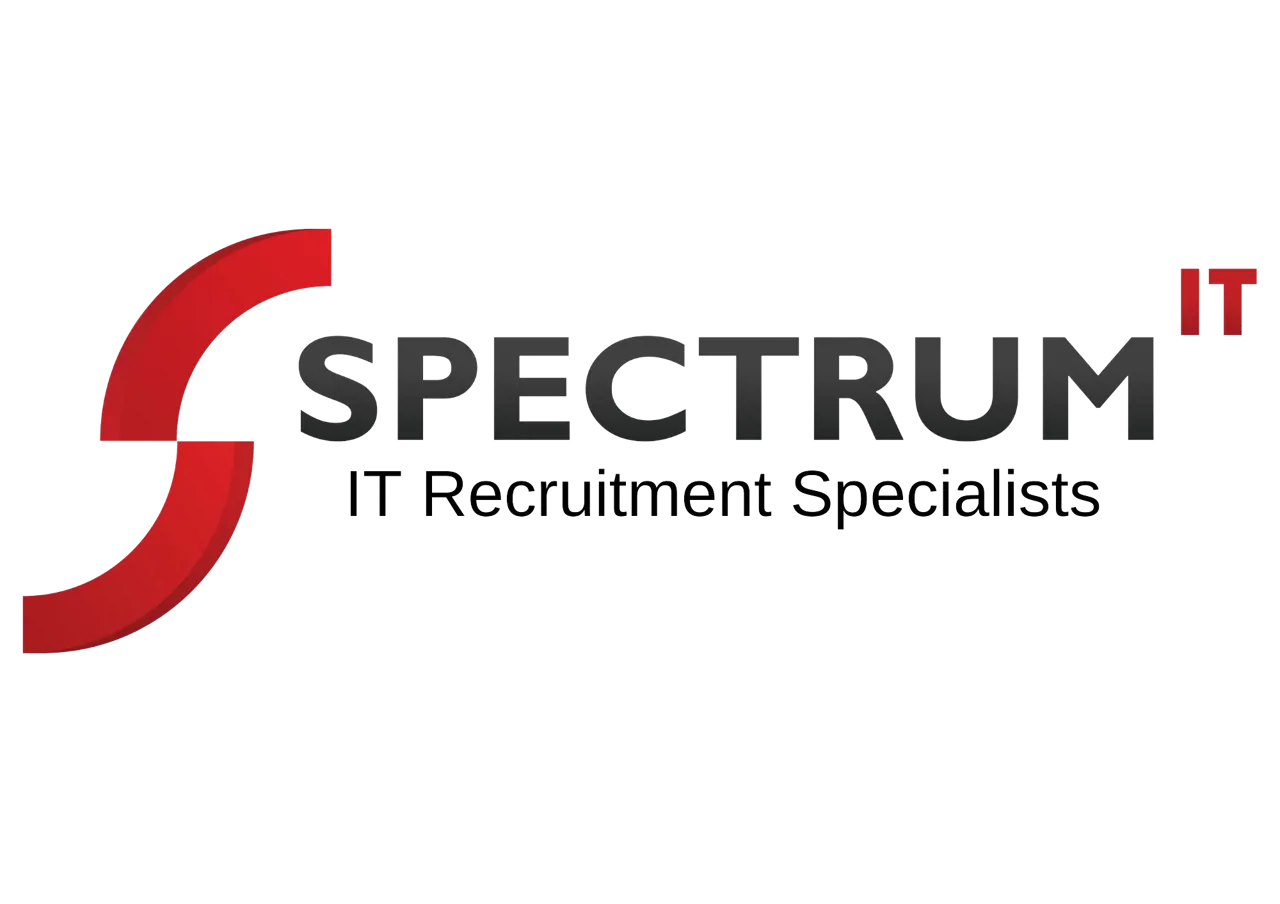
Talent Spotting
18 Feb, 201913 Minutes
Tech businesses tend to be faster moving, faster paced and less structured than a more mature business; many entrepreneurs can’t envisage six months into the future, let alone five years down the line! As an entrepreneur, getting the right team around you is critical to technological and commercial breakthrough. Here we explore the challenges of doing so and how to get it right first time.
Compared to coming up with ‘the big idea’ recruiting staff should be a piece of cake. However, in most cases, the toughest decision that company founders face is their first hire. Get it right and it could be the turnkey to success. Get it wrong and it could mean that the company falls at the first hurdle, incurring significant costs and time-to-market delays.
Southampton Science Park is home to two successful recruitment consultancies: Spectrum IT, specialising in IT personnel; and The Chilworth Partnership, focused on financial placements. Both companies are acutely aware that working in the innovation space is quite different from any other.
Ian Cruickshank, Managing Director at Spectrum IT says: “Entrepreneurs can be demanding by their very nature (and prone to changing their minds!) so it is important for us to fully understand their requirements when looking for suitable candidates. Entrepreneurs based on the Science Park are usually looking for more than a ‘shopping list’ of skills when recruiting for IT personnel. A typical company will still be in the early stages of product development and so will be looking for candidates who offer more than technical skills so that they can help with development, drawing on their breadth of experience and creativity to problem solve. They may be working in a reasonably autonomous environment and need to be adaptable and cope with different pressures as projects move in unexpected directions.”
The Founder of the Chilworth Partnership, Rod Hutchings, agrees: “Recruiting finance professionals for businesses with early to mid-stage growth is the most challenging. Tech businesses tend to be faster moving, faster paced and less structured than a more mature business; many entrepreneurs can’t envisage six months into the future, let alone five years down the line! This is often at odds with the accounting profession which, by nature, is risk-averse and involves detailed forward planning. It means that working in the technical sphere is more attractive to a certain type of accountant with flexibility, flair and imagination as well as core competence. Flexibility and a really ‘hands-on’ mindset are essential when recruiting for finance teams in this arena.” When it comes to candidates, expectations are equally high. Both consultancies agree that excellent potential for career progression tops the list of candidate requirements. Rod Hutchings continues: “Room for career progression and the ability to voice ideas, contribute to decisions and collaborate effectively in an interesting and fast-moving environment, is what really motivates top candidates. They want to work for companies that have a sustainable business model and the potential for global impact.” A flexible working environment and a remuneration package that reflects market rates are also key considerations.
Tech businesses tend to be faster moving, faster paced and less structured than a more mature business; many entrepreneurs can’t envisage six months into the future, let alone five years down the line!
So, with an uncertain journey ahead, how can business leaders plan for effective team growth and make their opportunity attractive to the highest calibre talent? Ian Cruickshank says: “We would always recommend starting the recruitment process just before you need a person rather than when it has already become business critical – rushed recruitment can lead to hires that aren’t a good fit for the company and frustration for all parties concerned. Digitalisation has definitely changed behaviours for both businesses and candidates seeking new ways of maintaining their competitive advantage As an entrepreneur, getting the right team around you is critical to technological and commercial breakthrough. Here we explore the challenges of doing so and how to get it right first time.
As the company grows it is important to have working systems, a balanced workload, a good managerial team and an effective process to bring new blood into the business.”
He continued: “How a candidate is introduced into a business has a big impact on the success of the placement. Putting the time in to demonstrate products to candidates, explaining to them what the company’s expectations are of them and ensuring that they are integrated with their colleagues help to ensure that time spent on recruitment is time well spent.”
Hutchings adds: “An entrepreneur should share a collective vision of the future and promote collaboration through flexible working and an excellent work environment. They would be wise to consider an office with an open and collaborative culture to encourage business and personal progression.”
For many entrepreneurs, there won’t be enough hours in the day alongside competing demands on their time, to work on all of this – can technology help? “Digitalisation has definitely changed behaviours for both businesses and candidates seeking new ways of maintaining their competitive advantage,” Hutchings comments. “We have observed an immense change within talent acquisition and we have had to embrace this in order to secure top talent. Current technological trends include social media, job boards, mobile-friendly recruitment apps, applicant tracking systems, AI Technology (to enhance human aptitude and efficiency), Chatbots (technological interaction with candidates) and more. As recruiters, we have to take a proactive approach as we cannot wait for the right candidates to find us. Recruiters have to embrace the digital age and constantly be aware of changing technology trends in order to secure top talent.”
“Inevitability there have been advancements in technology used in the recruitment industry from chatbots pretending to be recruitment consultants to AI being used to find ‘the perfect candidate’ without the need for human interaction,” says Cruickshank. “It may sound a cliché, but Spectrum IT considers that recruitment is a people business and every candidate/client has different needs which are best assessed using real friendly knowledgeable approachable people. That said, we would always encourage employers to review a potential employee’s social profile to ensure consistency with CVs. There may be valid reasons for discrepancies but we would always suggest exploring anything that causes you concern.”
Digitalisation has definitely changed behaviours for both businesses and candidates seeking new ways of maintaining their competitive advantage
Finally, what should a business owner do if they can’t find the perfect candidate? Wait or compromise? “There is no such thing as the perfect candidate!” comments Cruickshank. “There’s always a compromise and it is often through flexibility that companies can find a better solution to what they originally thought that they needed. Good recruitment decisions will be based on a mixture of a candidate’s personal attributes and their technical capabilities. However, if the right candidate isn’t out there at the right time, using contract resource may be a good short-term option.”
Hutchings concludes: “Although it is difficult to measure the exact costs of hiring the wrong employee, you can be almost certain it will affect your business in more ways than just the replacement fee: the real cost could be a year’s salary! Furthermore, hiring the wrong employee can lower morale and productivity within the workplace for other team members too. Finding a permanent member of staff should always be considered carefully with a planned and professional recruitment process. In short – never compromise!”
Originally published in SO Magazine - Page 27.




